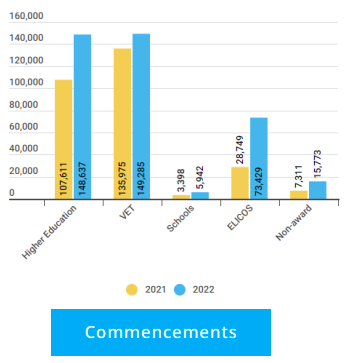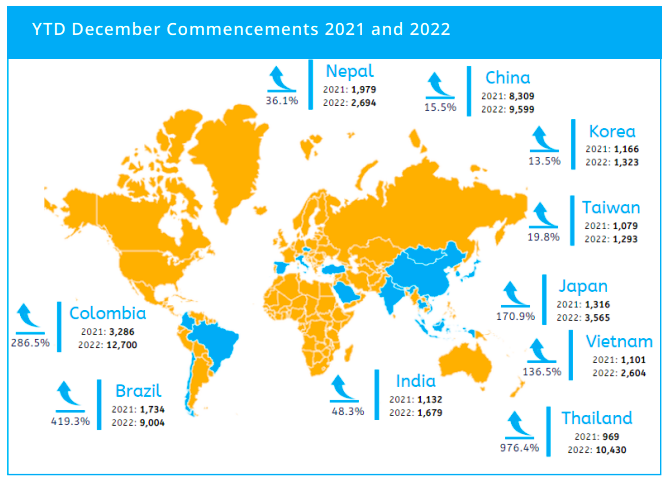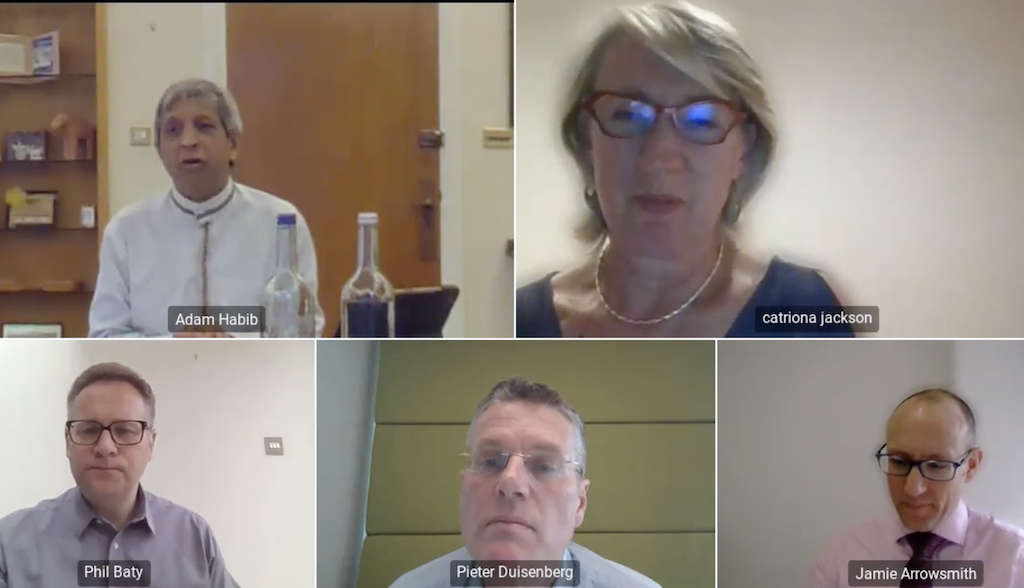“Narrow” awareness of partnership risks
Awareness of the risks UK universities face when engaging with autocracies is “narrow”, parliamentary committee members warned during a foreign affairs session.
Giving evidence during the meeting on UK university engagement with autocracies, which focused heavily on China, Universities UK CEO Vivienne Stern insisted that member universities were following the organisation’s guidance on partnerships with institutions in autocratic countries.
Universities have both a moral and legal responsibility to protect academic freedom, Stern said.
“Academic freedom, ethical considerations, considerations around freedom of speech – they’re working through that guidance and through every case study we’ve gathered on the way. That is being enacted with institutions,” said Stern.
Committee members Fiona Quimbre of RAND Europe and John Heathershaw of the University of Exeter asked Stern whether the financial and academic risks were being adequately dealt with.
“I want to refute the suggestion that universities prioritise financial considerations and considerations of academic freedom. I think that is incorrect,” Stern responded.
“I would also like to refute the suggestion that universities somehow look the other way when entering into a partnership.
“In my previous role [as head of UUKi] I spent a lot of time talking to institutions about how they went about establishing teaching partnerships in autocratic states where it’s clear that academic freedom and freedom of speech are not protected – and the the most common approach… first of all, you have to be clear eyed.
“What I’ve seen played out when these partnerships are formed is that you have to be prepared to walk away,” Stern told the committee.
Quimbre, who wrote a report for the Foreign Office on the challenges and opportunities on collaborating with China, said it was about examining the balance of the “tremendous benefit” versus the potential risk of working with “certain actors”.
“You have to be prepared to walk away”
“The risk awareness itself is quite narrow,” Quimbre said. She told the committee that people typically think of risks such as students stealing information from labs, but that the problem is actually much broader.
“China’s approach to technology for a university is not just about IP theft and cyber hacks, it’s about creating those links and contacts, building them through the years and being able to direct research towards areas of interest,” she said.
Quimbre described a case at Imperial College London, where the institution received £6m from China’s Aerospace Commission before being criticised for supporting China’s military manufacturing, as “the tip of the iceberg”.
“Those kinds of links can be traced… what we currently do not have information on is talent programs, startup competitions, donations and funds.
“Those vectors and enablers of influence in our universities that we don’t speak about and it’s very important to understand that those current enablers of future research collaboration with countries like China are also enablers of potential tech transfer,” she said, adding that is why the challenge is “so difficult and complex”.
Further defending university integrity, Heathershaw, an international relations professor at the College of Social Sciences and International Studies at the University of Exeter, insisted that it is a “bedrock condition” of universities to ensure academic freedom.
“It’s what distinguishes our universities from many parts of the world where academic freedom is not in place and in some of the partnerships, the universities may be collaborating with in a sort of wilful naivete, then have that freedom and are working for the interests of sometimes quite nasty governments in their home countries.
He further told the committee that any “serious violations of their founding charters”, which have academic freedom embedded into them would be “a dereliction of duty”.
“What we currently do not have information on is talent programs, startup competitions, donations and funds”
Stern reminded the committee that it is not just UUK guidance that can support institutions, referring to the Research Corporation Advisory Team and the Higher Education Export Control Association.
Quimbre agreed that more collaboration between government and academia would be beneficial to managing risk.
Heathershaw said that research on Russell Group institutions in 2020 found that out of the 17 that responded to questions, only seven had independent GIS committees and published criteria for assessing gifts and donations.
“There are weaknesses and things may be improving, but the institutions of that, they are just not functioning as they should be or or having the remit that they should do in some cases,” he admitted.
The post “Narrow” awareness of partnership risks appeared first on The PIE News.







